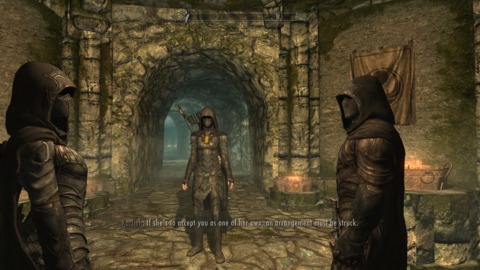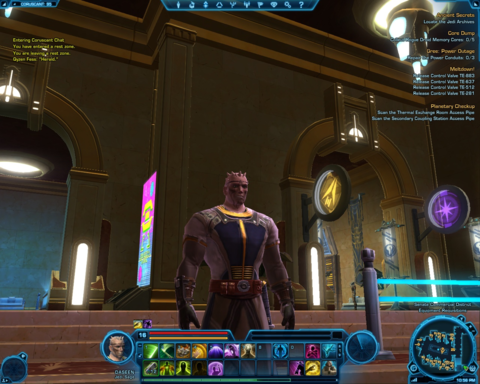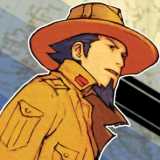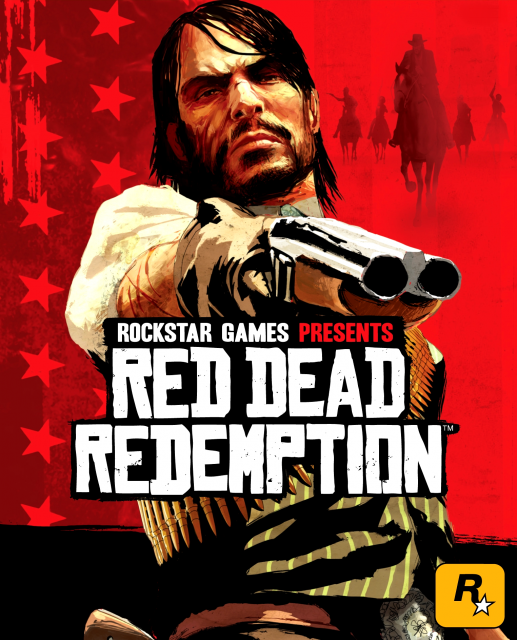Weekly Roundup 01/08/2012
By majormitch 2 Comments
To cap off the first week of 2012, I finally finished my first playthrough of Skyrim this weekend! I wrapped up both the Mage’s Guild and Civil War questlines, thus earning the remaining achievements I had left (S-rank get!). I have to say, it feels pretty good to get that albatross out of the way. For as much as I have enjoyed Skyrim, I think I hit the burnout stage a few weeks ago. Yet, being the stubborn gamer I am I kept going, and plowed through the remaining quests I had as quickly as I could.

There’s not much left to say about Skyrim really. It’s a fantastic game of course, and I’ve enjoyed the vast majority of the time I’ve spent with it, even if it started to drag towards the end. Open world games always do that for me though, and it speaks to how good Skyrim is that it hooked me for as long as it did. If I have one parting comment on Skyrim, it’s that I hope future Elder Scrolls games can get away from the contrived storylines they typically have for the various factions. Namely, the way you go from zero to hero almost instantaneously in every single faction is pretty ridiculous. It feels unearned on the whole, especially given the fact that there’s always a better candidate for leader than you. While I’m at it, being able to lead every single faction simultaneously is just silly, and feels too convenient. It’s a narrative cop-out (“You get to have everything, because, you know, video games!”) that makes me feel like I’m never really a part of these groups, as if the rules everyone else follows don’t apply to me. If I could change one thing for future Elder Scrolls games, it would be to make the faction questlines more down to earth. I might actually get into the fiction if I felt like a genuine participant in the world rather than an exception who operates above it.
That probably won’t happen though. The Elder Scrolls games have never functioned that way; they’re more about giving you more power all the time. Oh well, c’est la vie. All I know is that I’m done with Skyrim for a long, long time. I probably won’t touch it again until all the DLC is officially out, at the earliest. My next target is my second Dark Souls playthrough, which I couldn’t be more excited about. Despite it being another long winded RPG, it’s a great change of pace from Skyrim, and I’m really curious to test this character idea I’ve been thinking about for a while now, one that should play very differently from my pyromancer. It could end up being completely amazing or the dumbest thing ever. I’ll describe the build in detail next week, along with early results.

Otherwise, I’ve been getting my feet wet in The Old Republic. I’ve never been a MMO guy, and probably never will, but TOR does a handful of things that I’m liking so far. I like the general flow of the quests, and that I always have plenty of them to do. It lets me focus on the quests themselves rather than actively grinding, which is what typically drags me down in MMOs. I also like that I can solo the vast majority of quests, and I’m starting to think they might have been telling the truth when they said you could solo the entire game, which I’d be happy about. I also like the production values and story stuff so far. It may not be super intricate, but it still gives a much better sense of purpose to what you’re doing than most MMOs ever do. All of this stuff combines to make it feel almost as much like a single player game as it does a MMO, which is awesome for someone like me who generally doesn’t like MMOs. Maybe it bothers others, but I’m liking it so far. That being said, I still have to pace myself, or else I know I’d burn out on it quickly. I’m actively not playing if I’m not in the right mood for it, and still feel very fresh on it, so that’s a plus. I'm sure I'll have plenty more to say about TOR in the coming weeks.
Oh, one last piece of news: my StarCraft 2v2 partner and I got promoted to Diamond recently! I know 2v2 Diamond League is not a big deal in the grand scheme of things, but given how little we actually play anymore I’m pretty proud of that. Now watch us get demoted the next time we play... Anyway, that’s all for now; until next time!
Currently playing: Dark Souls, Star Wars: The Old Republic


Log in to comment